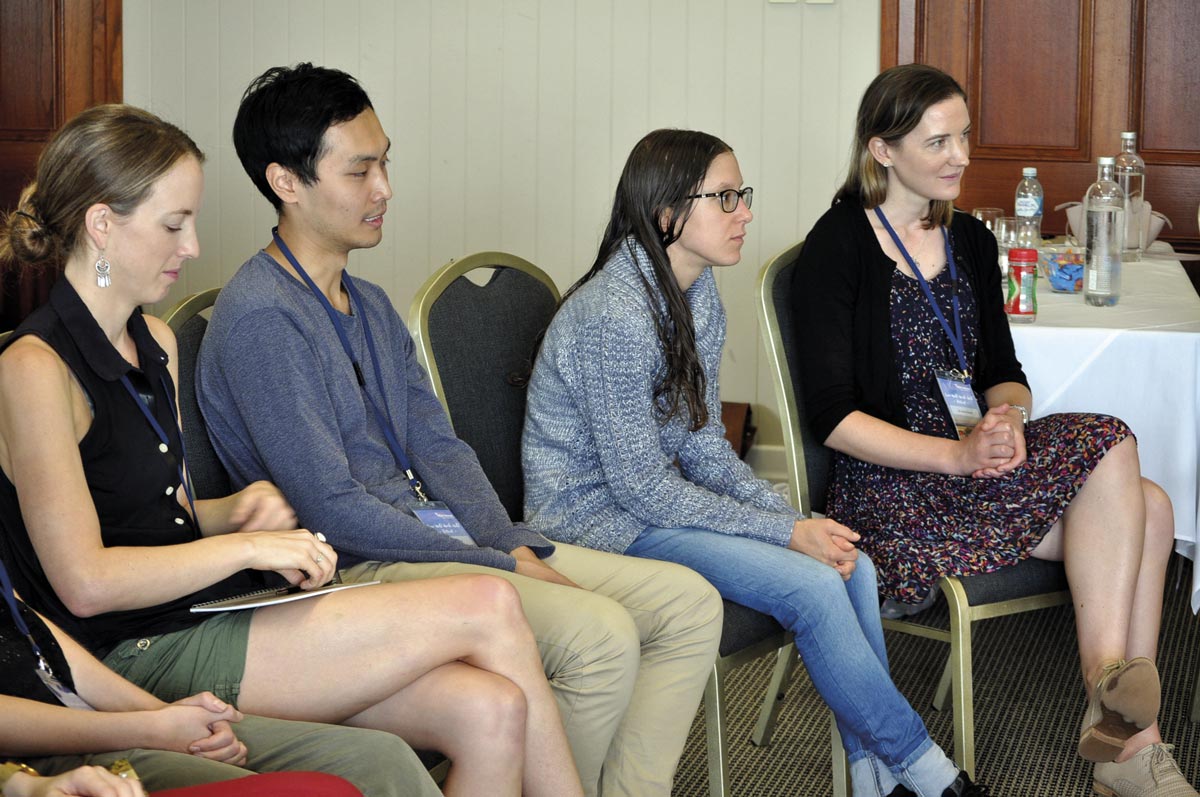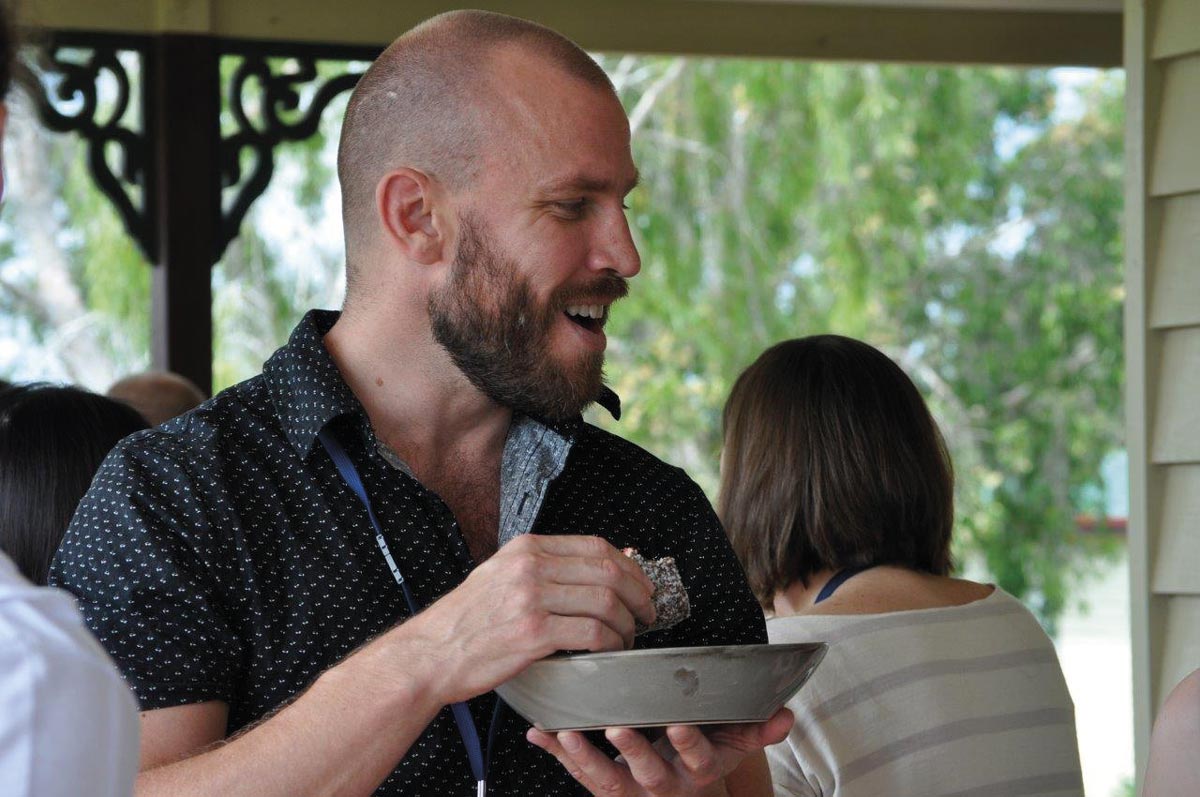 A trial for a junior doctor wellness retreat has produced such positive reactions, it will be rolled out across the country.
A trial for a junior doctor wellness retreat has produced such positive reactions, it will be rolled out across the country.
Given that private health insurers commit time and money supporting consumer wellness programs to keep their members healthy and out of hospital, it begged the question what do medical defence organisations offer its members.
As it turned out, doctor wellness, especially for junior doctors, has become a particular focus.
There is, of course, an emphasis from MDA National, Avant and MIGA to support doctors going through the stressful AHPRA complaints process largely around access to confidential peer and professional support. There are also sponsored health assessments. At MIGA there is a Caring for Our Colleagues workshop as part of its risk management program.
 And, of course, all MDOs are active participants in the national independently run doctor health services, which have been established by funds from the Medical Board of Australia with support from the state branches of the AMA.
And, of course, all MDOs are active participants in the national independently run doctor health services, which have been established by funds from the Medical Board of Australia with support from the state branches of the AMA.
A new initiative from MDA is its fully subsidised Live Well Work Well Junior Doctor Retreat, which was been trialled recently for junior doctors in Queensland in conjunction with AMA (Qld) and Beyond Blue. Participants attended workshops led by senior doctors, did mindfulness and yoga sessions with trained practitioners and generally ate healthy food and shared stories with their peers.
MDA’s national event manager Kylie Philippzig said the success of the retreat has made a national rollout among its junior members a sure thing.
Knowing then and now
One of the workshop leaders, psychiatrist Dr Catherine Llewellyn, told Medical Forum that she shaped her session around the topics she would have liked to have discussed with someone at the beginning of her career.
“Things such as setting boundaries, pacing yourself, looking after yourself, knowing how to switch off – these are important strategies that are beneficial to address,” she said.
“There is a lot to juggle in those early years. Hospitals are enormously complicated systems that have complex politics and junior doctors have to learn how to navigate those systems and make serious decisions in what are often difficult and distressing scenarios.”
While there are still lingering elements of the ‘I did it tough, so you should too’ culture, Catherine believes it is far less prevalent now.
“But that doesn’t stop a junior doctor’s anxiety over how their seniors might perceive an acknowledgement they are struggling, especially if they are choosing their sub-specialties,” she said.
Cultural change needed
 “The different branches of medicine and surgery have their own internal cultures which have, in the past, dissuaded trainees to speak up. That still exists to a certain degree, despite the presence of collegially concerned and supportive bosses.”
“The different branches of medicine and surgery have their own internal cultures which have, in the past, dissuaded trainees to speak up. That still exists to a certain degree, despite the presence of collegially concerned and supportive bosses.”
“Programs supporting junior doctors all stress the importance of finding a mentor. That person may not be in your specialty or your team, but it makes an enormous difference to have someone you can connect with for that collegial support.”
Another important message Catherine conveyed was about the impossibility of knowing everything.
“To begin your career feeling pressured to know everything is too much. I subscribe to the ‘more you know the less you know’ school and I’m sure that comes with experience. You must become selective about what information you need to know and what you don’t and those decisions are made in reference to your own special practice. If changes occur that affect my practice, I upskill. I think the attendees were reassured that we are all at times vulnerable and stressed and can’t possibly know everything.”
“The old medical adage of ‘see one, do one, teach one’ should also apply to mental health in our profession. It’s so important to be transparent in front of juniors to make it easier for them seek help if they need to.”
“We senior doctors need to remember what it felt like when things didn’t go right for us during our training, and, let’s face it, I don’t think you ever forget, and to take steps to protect our own juniors. That’s how cultural change happens.”
Lived experience
Medical Forum also spoke to intern Dr Declan Scragg who was one of the ‘guinea pigs’ at the retreat and from his perspective it was a “fantastic weekend”.
“We did a lot of mindfulness stuff in medical school but once we started as interns, it has been a big change. It is now a much more conscious process.”
Declan is 37 with a wife and children and a ton of work and life experience before he began his medical studies at the age of 32, but he admits that medicine is a great leveller and found all the sessions at the retreat useful.
“I got a lot out of them. The skill of being present and non-judgemental of your thoughts, trying to control reactions to situations in a more productive way, group work – these were useful reminders now we’re working.”
Declan came to medicine after a medical science degree, a tilt as a professional rugby career, a builder and a handyman. In fact he did the cladding work on one of the Gold Coast hospitals he now works in. But medicine is the career he has been searching for, though he adds, he won’t be sacrificing his relationship with his children in the process.
“I still have a long way to go and still have my medical and surgical terms to come but I think everyone recognises, from the administration down, that it is not a good situation to have doctors work massive hours. It’s not safe, not good for the patient nor the doctor.”
For him the retreat was an outlet to be with his peers, sharing the good and bad of the first few months and hearing from senior doctors how they got through.

